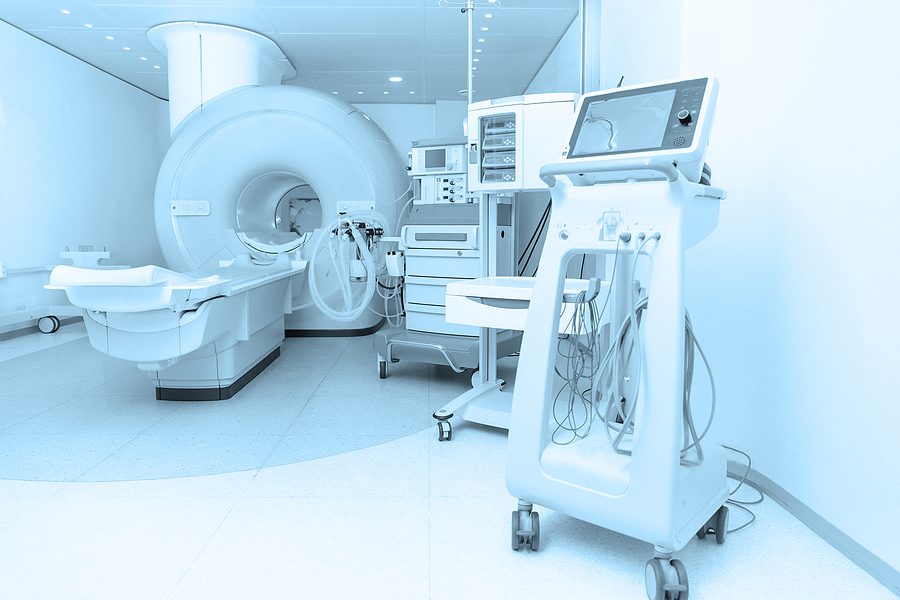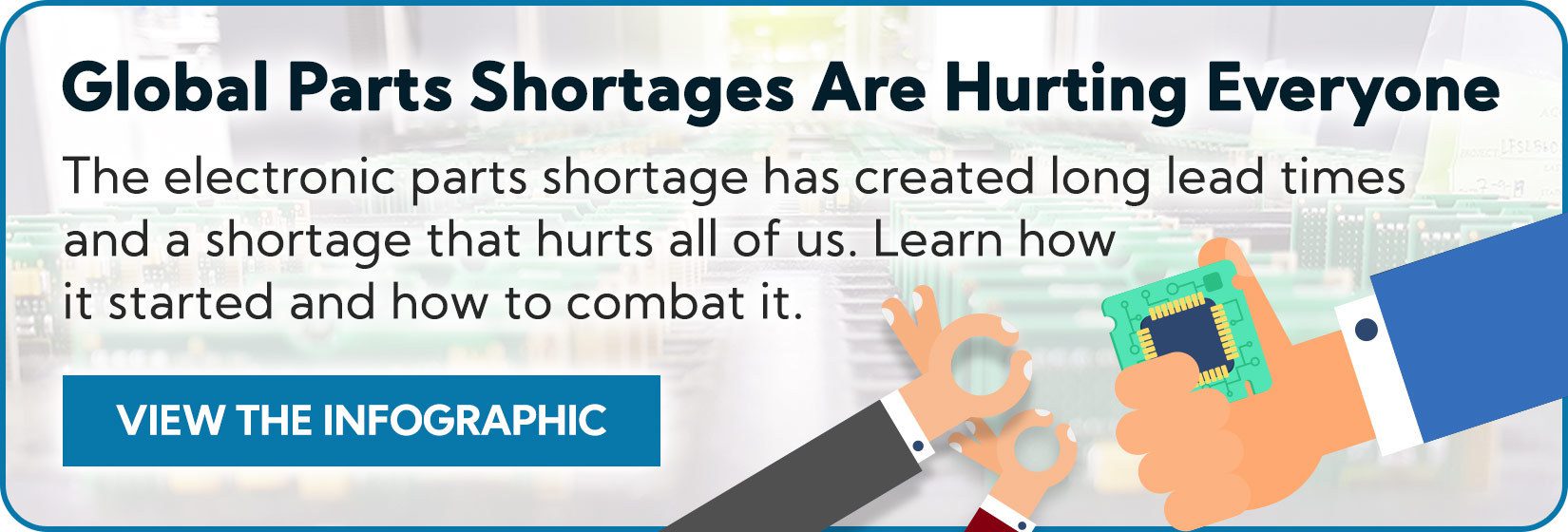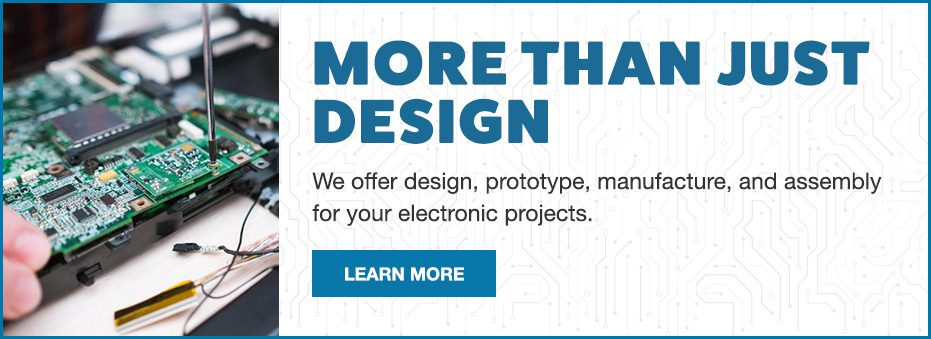Prevent Delays in Medical Device Manufacturing with an Experienced ECM
Delays in medical device manufacturing are incredibly frustrating. You know you have a great design that can help people, you know the medical industry needs it, but your manufacturing has slowed to a halt due to delays in the supply chain that you can’t control. Is there a way to prevent these delays?

What is the Main Cause of Delays in Medical Device Manufacturing?
Medical technology changes quickly. This means that medical device manufacturing is always focused on creating new and improved devices. When you consider that these necessary changes and improvements are coupled with an increased demand for the electronic components, the suppliers can’t meet demand. This is challenging when only one component is in short supply. When all the necessary components are in high demand, delays in manufacturing are inevitable as manufacturers wait for the parts. If all parts are sourced from the same geographic region and that region experiences an event that impacts their production (a hurricane, energy crisis, or pandemic), the issues are magnified further.
Other Causes of Delays in Medical Device Manufacturing
The supply chain is the biggest and most obvious factor in manufacturing delays right now. Lengthy lead times for the specialized electronic components used in devices determine how quickly you can get your device to market. However, FDA approval for medical device components doesn’t help speed up the process either. The regulations on medical devices are extensive, FDA approval is necessary, and that takes time. An additional factor is the demand for components. As the industry grows, more demand is put on an already struggling supply chain, and predicting the end of the supply chain shortage is nearly impossible.

How to Cope with an Electronic Component Shortage
There are a few ways to cope with the component shortage:
- Partner with an experienced ECM
Working with an ECM who is experienced in medical device manufacturing is one of the best strategies you can put into practice. Your ECM will have developed relationships with vetted suppliers, will understand the FDA approval process and help you source components effectively, and will have a plan for redesign and reverse engineering when components aren’t available. An ECM is all about building relationships with the right people to get your product to market as quickly as possible.
- Stock Up On Components When They’re Available
If you can afford it and your ECM has the means to store more inventory, try to purchase your components in advance. Instead of waiting until your need is great, have the electronic components ready so you can integrate them into the devices when you need to. There is a risk to this strategy, as you don’t want to be stuck with a large supply of obsolete components, but in some cases, the reward of quicker manufacturing is worth the risk.
- Anticipate Your Needs
This is where working with a trusted, experienced ECM pays off. When you work with a quality ECM, they can help you forecast your component needs so you can “get in line” with the supplier as early as possible. Knowing what you’ll need months, or even years, in advance, can make a big difference in those components being available to you.

Component shortages are frustrating, as you may feel that there’s nothing you can do. But when working with an ECM, you can navigate these shortages with inventory management, forecasting, engineering solutions, and building relationships with vetted suppliers. When combined with all the additional benefits of partnering with an ECM, the decision to find a quality manufacturing partner is the smartest one you can make. At Levison Enterprises, we are invested in your product’s success, and we work hard to help you bring the best devices to market. If you’re interested in partnering with an ECM who functions as an extension of your own team, contact us for a quote.